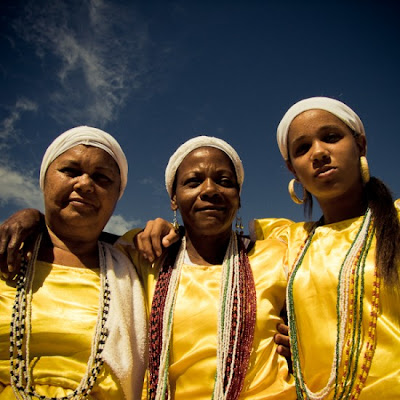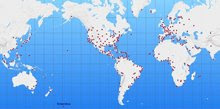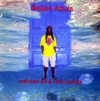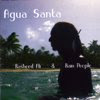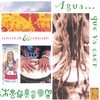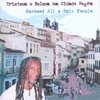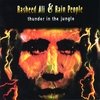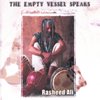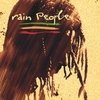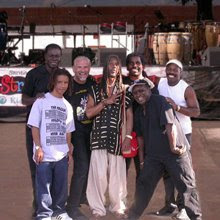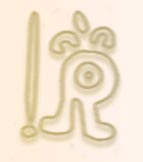
Intro: Senor Blues / Herbie Mann / Ritmos de la Noche / Compilation
Set one:
1. Manitos / Theresa Perez / Small World
2. Let it Rain / Rasheed Ali & Rain People / Thunder in the Jungle
Set two:
- Watermelon Man / Mongo Santamaria / Ritmos de la Noche
- Luck of Lucien / Tribe Called Quest / People’s Instinctive Travels & Paths of Rhythms
- Bailalo Asi / Pelo el Afrokan / Revolution! Original Cuban Funk
Set three:
1. Fireweaver / Roy Ayers Ubiquity / He’s Coming
2. Ponteio / Astrud Gilberto / Ritmos de la Noche
3. She Will be Loved / Maroon 5 / Aid Still Required (led the voice of Adam Levine)
Set Four:
- Freedom Road / Blind Boys of Alabama / Aid Still Required
- Bless You / John Lennon / Aid Still Required
- We Live in Brooklyn, Baby / Roy Ayers Ubiquity / He’s Coming
- Everybody Loves the Sunshine / Seu Jorge & Almaz
- Crescent / Monika’s Universe Mix / Island Outpost 2
